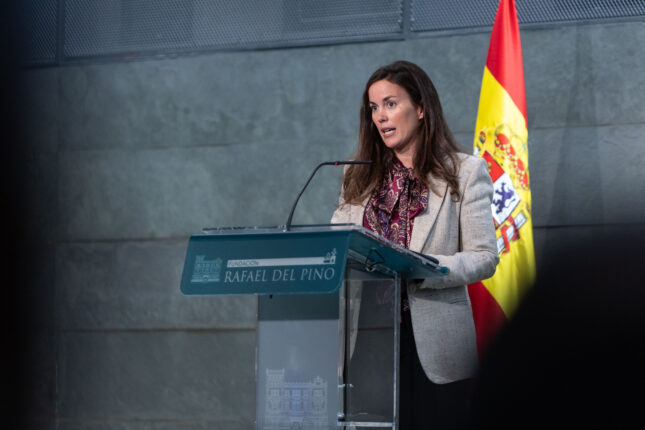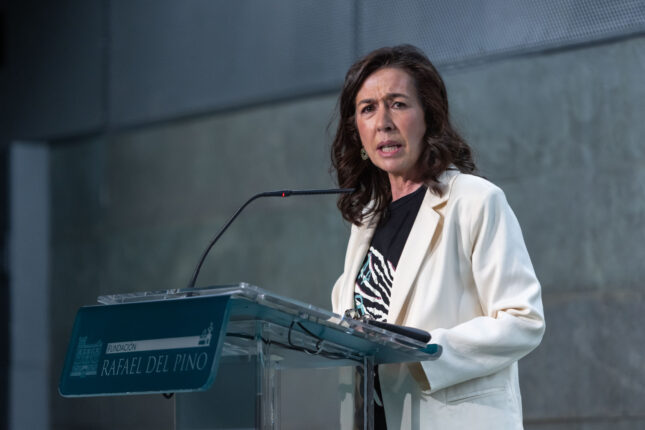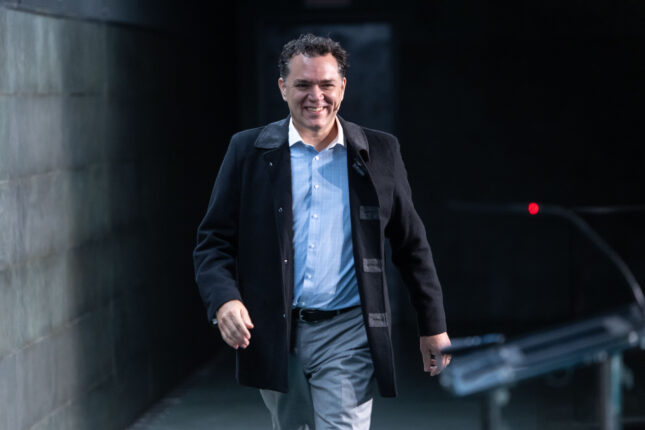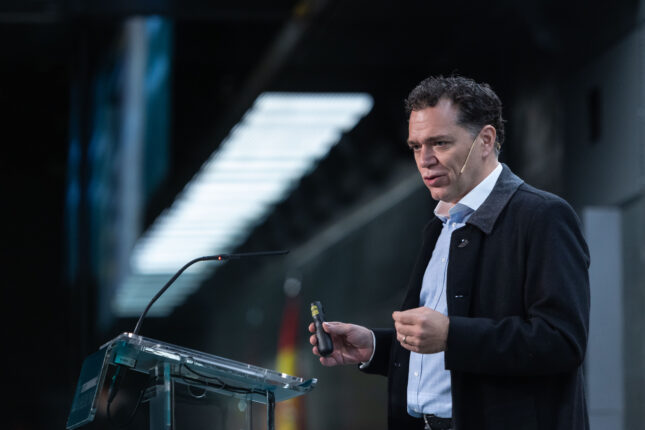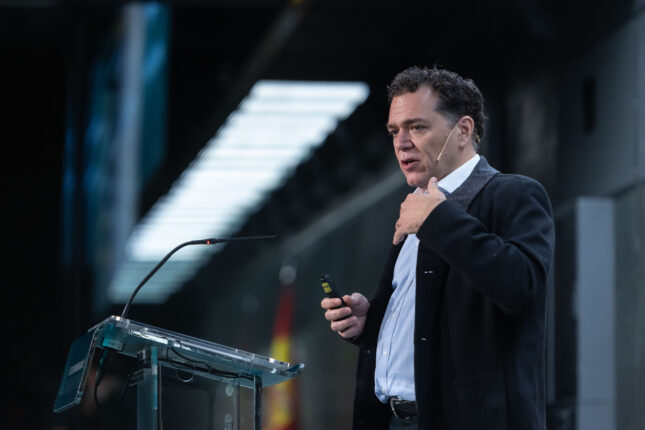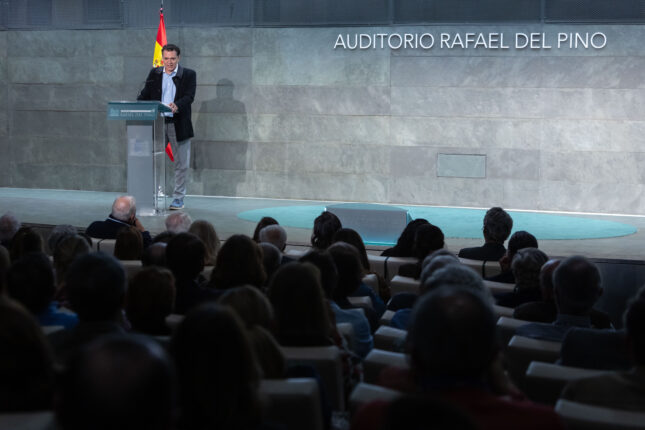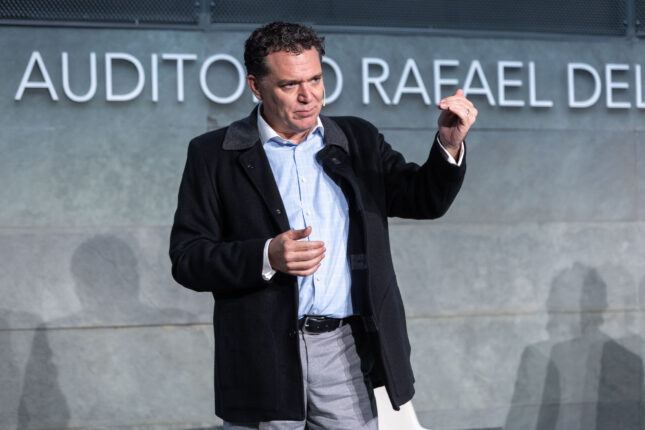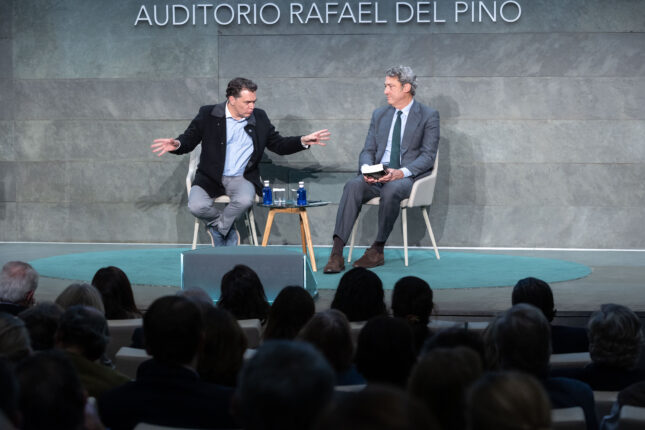Summary:
Just We Were Empire": A Reflection on Hispanic Heritage and Common Cultural Inheritance
The historian and writer Juan Miguel Zunzunegui recently gave a lecture at the Rafael del Pino Foundation, titled "Righteous We Were Empire". In it, Zunzunegui explored one of the subjects that he and his followers are passionate about: the shared history of Spain and America, and how this union gave rise to a rich and diverse civilisation that endures to this day.
An Empire We Were Together
From the outset, Zunzunegui emphasised that the term empire should not be seen as a unilateral conquest, but as a joint construction. "Together we were empire", he insisted, explaining that the expansion of Spanish culture in America was not only a transfer of ideas, religion and language, but an exchange in which both sides, Europe and America, benefited and evolved. America received a linguistic and religious structure, but also moulded this heritage, creating what he describes as "little Spains" that adopted Spanish traditions in their own distinctive ways.
Demystifying the Conquest
One of the central points of the conference was to demystify some of the most entrenched and often misunderstood ideas about the conquest of America. The dominant narrative, driven by the black legend and discourses of guilt, according to Zunzunegui, tends to see the Spanish conquest as an episode exclusively of violence and subjugation. However, he proposes that it was, above all, an "inevitable encounter" between two worlds that culminated in the emergence of a mestizo civilisation. He stressed that, although there were dark episodes, many indigenous peoples chose to ally themselves with the Spanish in their struggle against the dominant indigenous empires, such as the Mexica, and that after the initial conflict, a plural and mestizo society was built.
Language as a Common Homeland
Zunzunegui emphasised that Hispanidad is much more than a legacy of colonisation: it is a shared identity that unites more than 550 million people. The Spanish language thus becomes a cultural homeland, a place where values, beliefs and a common worldview converge. "There is no stronger homeland than language," he said, insisting that the richness of the Spanish language lies not only in its words, but in how it has served as a vehicle for expressing the identity, faith and emotions of millions of people in different latitudes.
A Call for Unity in Diversity
Zunzunegui concluded his talk with a vision for the future, in which he argued that the true strength of the Hispanic American peoples and Spain lies in their cultural union. He proposed that, although the empire is in the past, there is a unique opportunity to build a future based on understanding and cooperation between the countries that share the Hispanic heritage. In his words, "it is not about recovering the past, but about building the future together", noting that a united Hispanic civilisation would have a fundamental and powerful role on the global stage.
Zunzunegui's lecture invites us to reflect on how hispanidad is a legacy that transcends geographical and temporal borders. It is not simply a history of conquest or colonisation, but the history of a shared identity, a rich mix of cultures that has survived time and distance. The common language and culture give us the opportunity to build bridges between the past and the future, and to recognise ourselves, both in America and in Spain, as part of a civilisation that still has much to offer the world.
The Rafael del Pino Foundation is not responsible for the comments, opinions or statements made by the people who participate in its activities and which are expressed as a result of their inalienable right to freedom of expression and under their sole responsibility. The contents included in the summary of this conference are the result of the debates held at the meeting held for this purpose at the Foundation and are the responsibility of their authors.
The Rafael del Pino Foundation is not responsible for any comments, opinions or statements made by third parties. In this respect, the FRP is not obliged to monitor the views expressed by such third parties who participate in its activities and which are expressed as a result of their inalienable right to freedom of expression and under their own responsibility. The contents included in the summary of this conference are the result of the discussions that took place during the conference organised for this purpose at the Foundation and are the sole responsibility of its authors.
